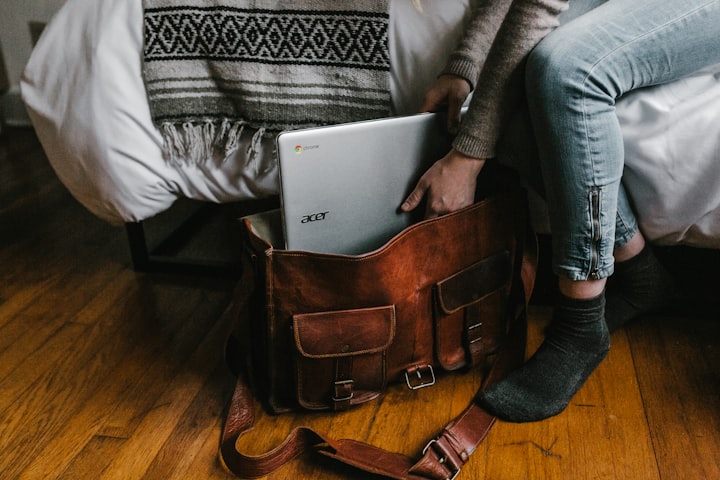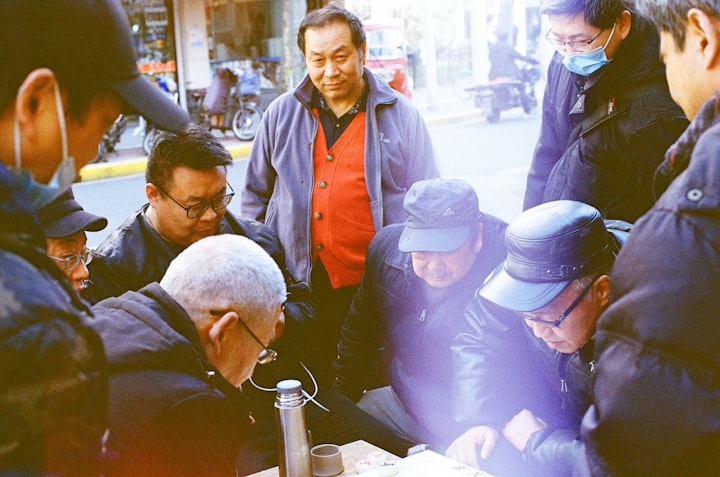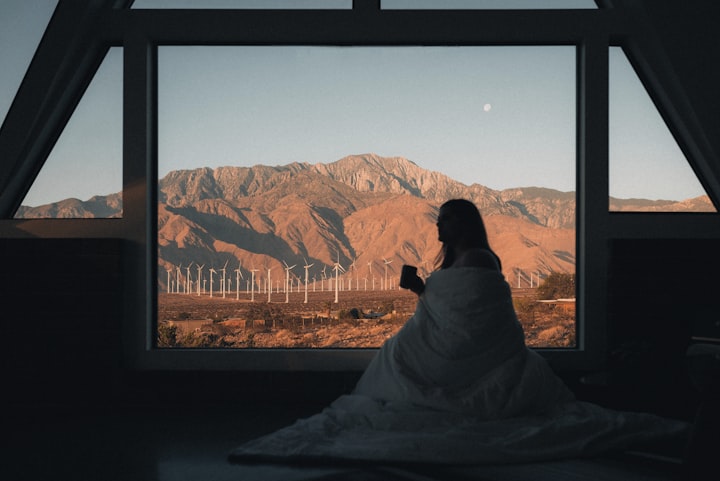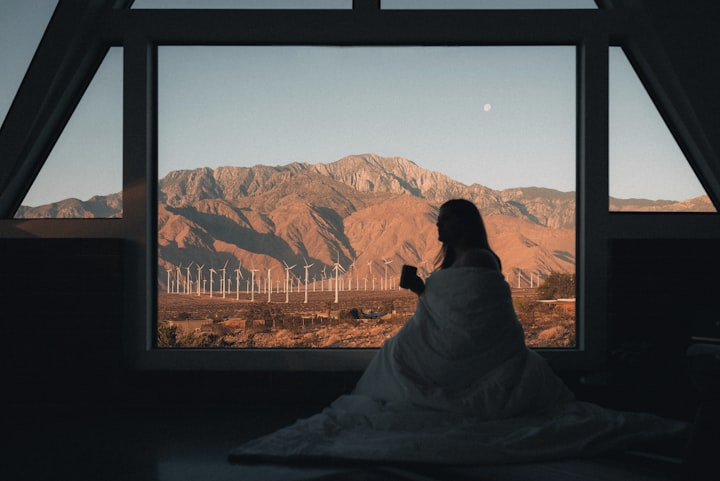The Best Accommodation Options For Slow Travellers & Remote Workers.
Discover slow travel accommodations all around the world

What is Slow Travel?
When travelling slow, you can take the time to get to know local villages and cities that you may usually miss out on when travelling to somewhere new for a week. Slow travel brings us back to the reasons why we travel.
Everyone can travel slow - it's a way of life that gets you thinking of travel differently.
Have you ever felt the need for a holiday, when returning from your holiday? Moving around via every mode of transport is draining and that's why slow travel is the best form of travelling.
Slow travel allows you to switch up the jam-packed busy trips, replacing them with embracing new cultures and meeting locals. Prioritise experiences over tourist attractions.

Travelling slowly is about travelling at the right speed, for you - pace your time in a place rather than rushing. I mostly found mainstream travel exhausting and stressful - through my years of travelling, I've learnt to slow down and enjoy every moment. Usually, I stay in a place for 2–3 months and feel that's just enough time to get to know the place.

What is the ideal accommodation for Slow Travel & Remote Workers?
Again, this is something that you decide, depending on your living preferences.
However, there are multiple accommodation options. They range from co-living spaces, furnished apartments via Airbnb or booking an extended stay in a hotel - the space should be a place you can call home for a couple of months, liveable, good for working remotely and have the right amenities to cook when you want to.
Ideal accommodations are usually equipped similarly to a home. Apart from the usual requirements that you look for when going on holiday; bedroom, bathroom, kitchen, there is also a requirement for strong wifi to help your remote work experience. Sometimes accommodations come with a separate office space which helps avoid distractions whilst working remotely.

How to choose the best apartment?
Plan Ahead: Before you book, ask the host or hotel to confirm the Wi-Fi speed - so important to make sure this is a good enough speed for your day job.
Filter Your Preferences: Be sure to select all the needed filters so you don't get to the apartment or hotel room hoping for something and realising it's there - at this point, it's a little too late!
Desk Space: Look to have a separate space to work from, whilst on the move, you still need to support your work-life balance; keeping your work outside of the living room or bedroom will help you separate the two when trying to disconnect from work.
Reviews: Thoroughly check the reviews and pictures so you know what to expect.
With these filters, preferences and essential needs all in mind, you still need to remember that you'll be calling that place your home for the next 1–3 months (or however long you want) so make sure it's somewhere you feel you could live and not just an ideal stay for a quick weekend visit.

How Do Long Term Rentals Work?
This will of course depend on the platform that you use but often when booking accommodation for longer than 28 days through Airbnb, hosts will offer a long-term stay discount. This means you get more value in booking somewhere for 28 days, than for 2 weeks.
Of course, if you look outside of platforms like Airbnb and sign a short-term contract for 6 months then you may be required to furnish it yourself and set up your own utilities - which isn't ideal if you are constantly on the move and living the location independently. It's likely you won't want to tie yourself down to one specific place so booking long term stays through Airbnb is one of the best ways to do this.
When booking through Airbnb, hosts can often afford to offer discounts on long stays because they know it's a month of guaranteed income. I've often found that when looking at even longer stays, say 2 to 3 months, hosts are more than happy to negotiate an even better monthly rate. Many apartments now have an automatic discount on long stays but it doesn't hurt to message your host directly to see what can be done.
I also subscribe to Remotebase.co who do the hard work for me (for free!). They find and share the best Airbnb discounts for digital nomads and travelling remote workers. Just recently they shared a lovely 2-bed apartment in Sri Lanka which had a 60% discount if you book for +28 days.
Some of the deals that RemoteBase find are just are mind-blowing.

Slow Travel Accommodation Options
When it comes to deciding where you want to stay, there are multiple accommodation options. They all have their pros and cons and this will depend on what you want.
In a furnished private apartment, you'll have your own space where you don't have to worry about buying furniture, setting up bills and can totally relax in your own space.
If you're looking for something a little more luxurious then a hotel may be the way to go, you'd get to take full advantage of the daily housekeeping too. Plus, it's likely that the hotel; will come with a gym and pool access too - convenience and comfort.
If you're looking for a sense of community then staying in a co-living space will offer you this. You'll have the chance to meet like-minded inspiring people from all over the world. Co-living spaces are growing globally, you'll be able to find these available in major cities around the world. It's sometimes cheaper if you're travelling solo plus you get to make new friends and explore that place with them too.

If remote working and slow travel is new to you then the only way to know what you enjoy the most is to try out these different options and see what works best for you.
Where are you heading next?
About the Creator
Samantha Scott
Remote work advocate | Slowed since 2018 | Actionable tips for remote workers, nomads & those who slow travel
IG: @allthingsremote 📸






Comments
There are no comments for this story
Be the first to respond and start the conversation.